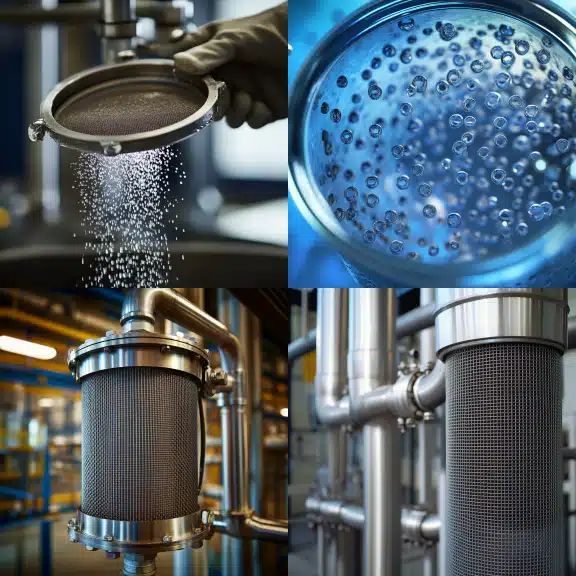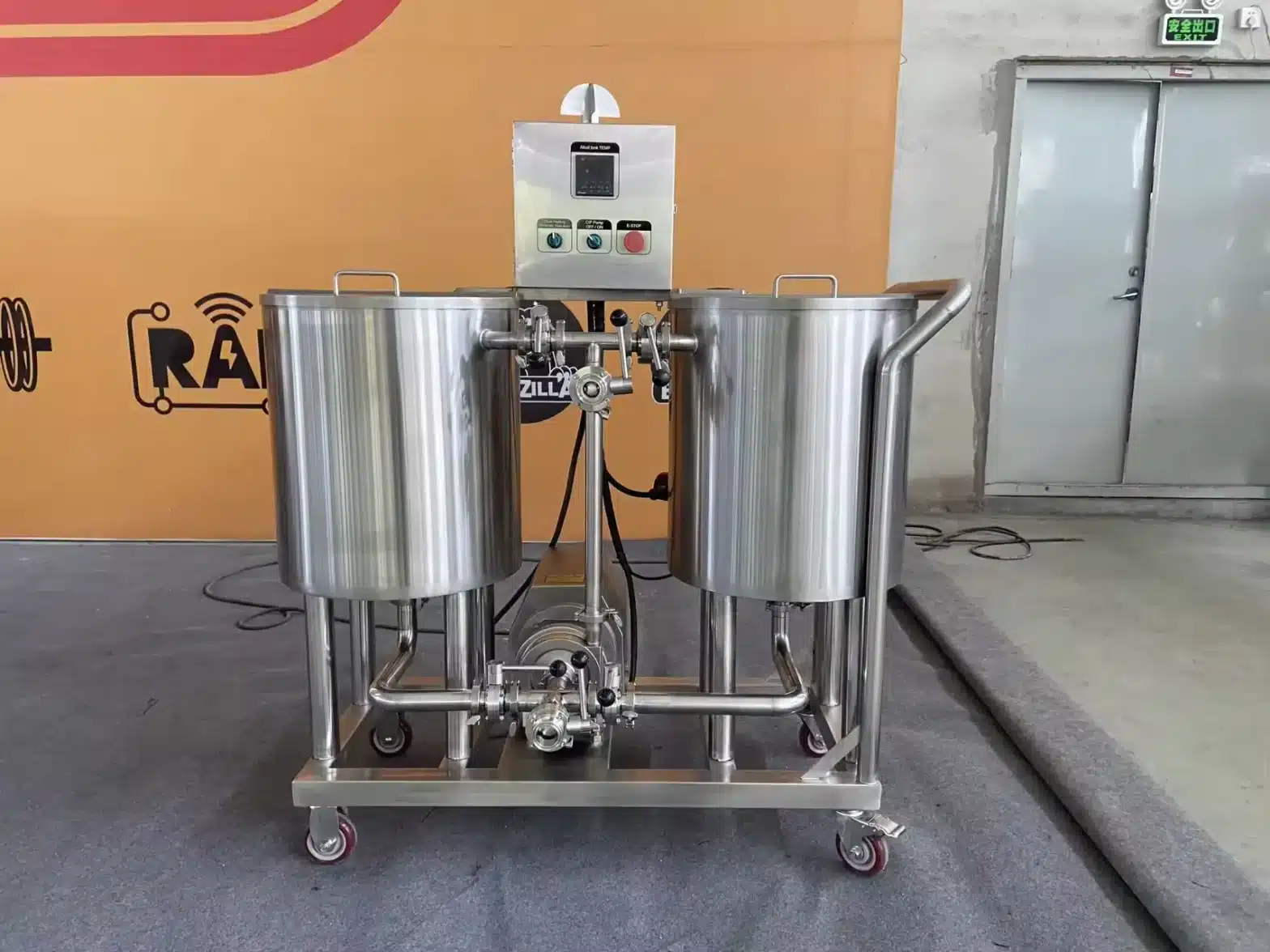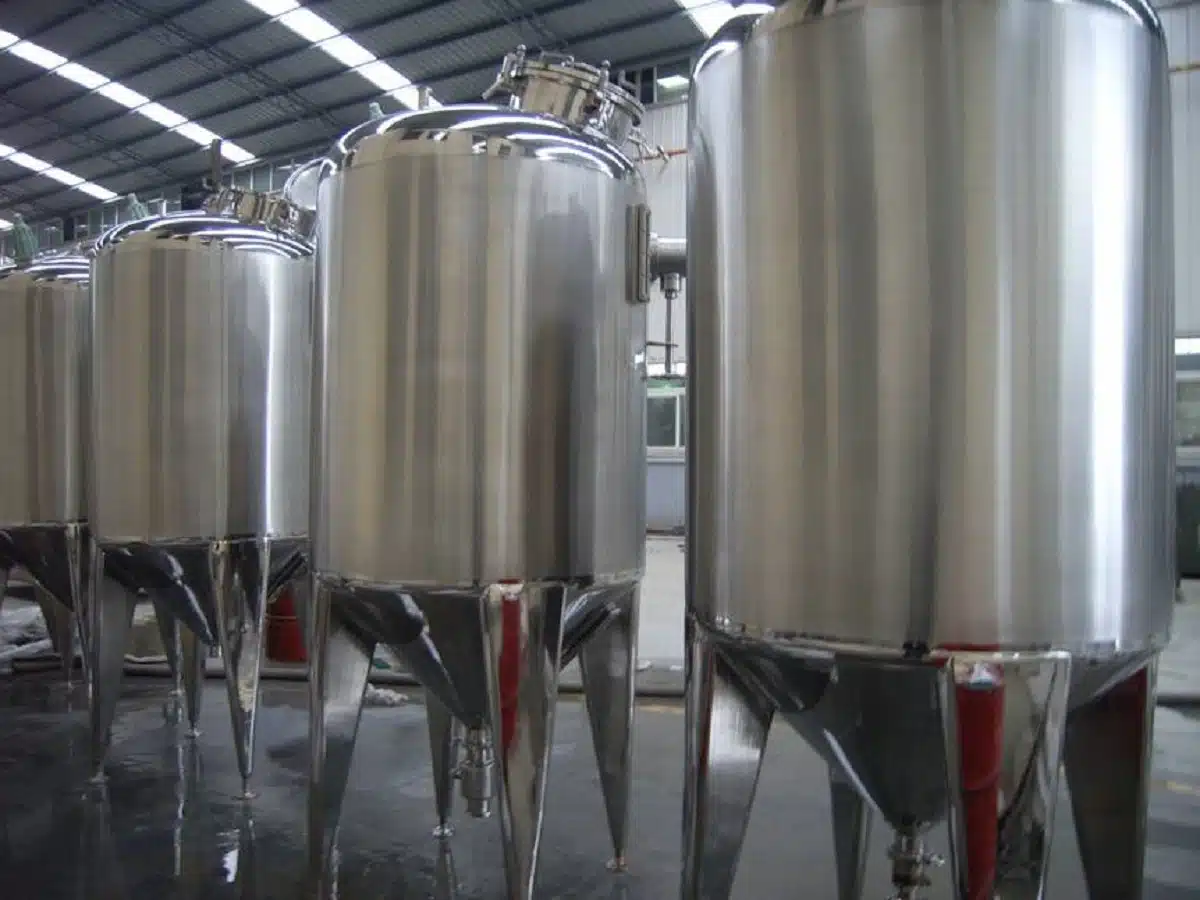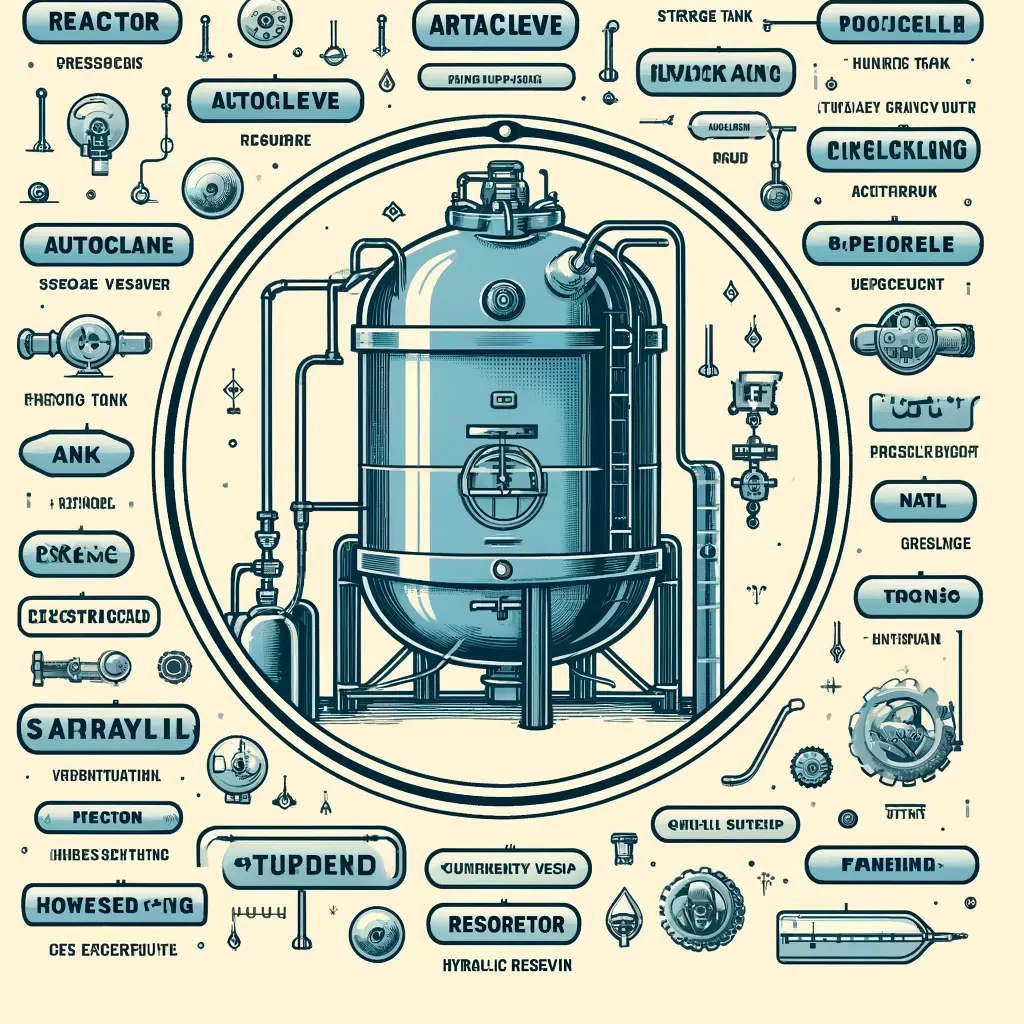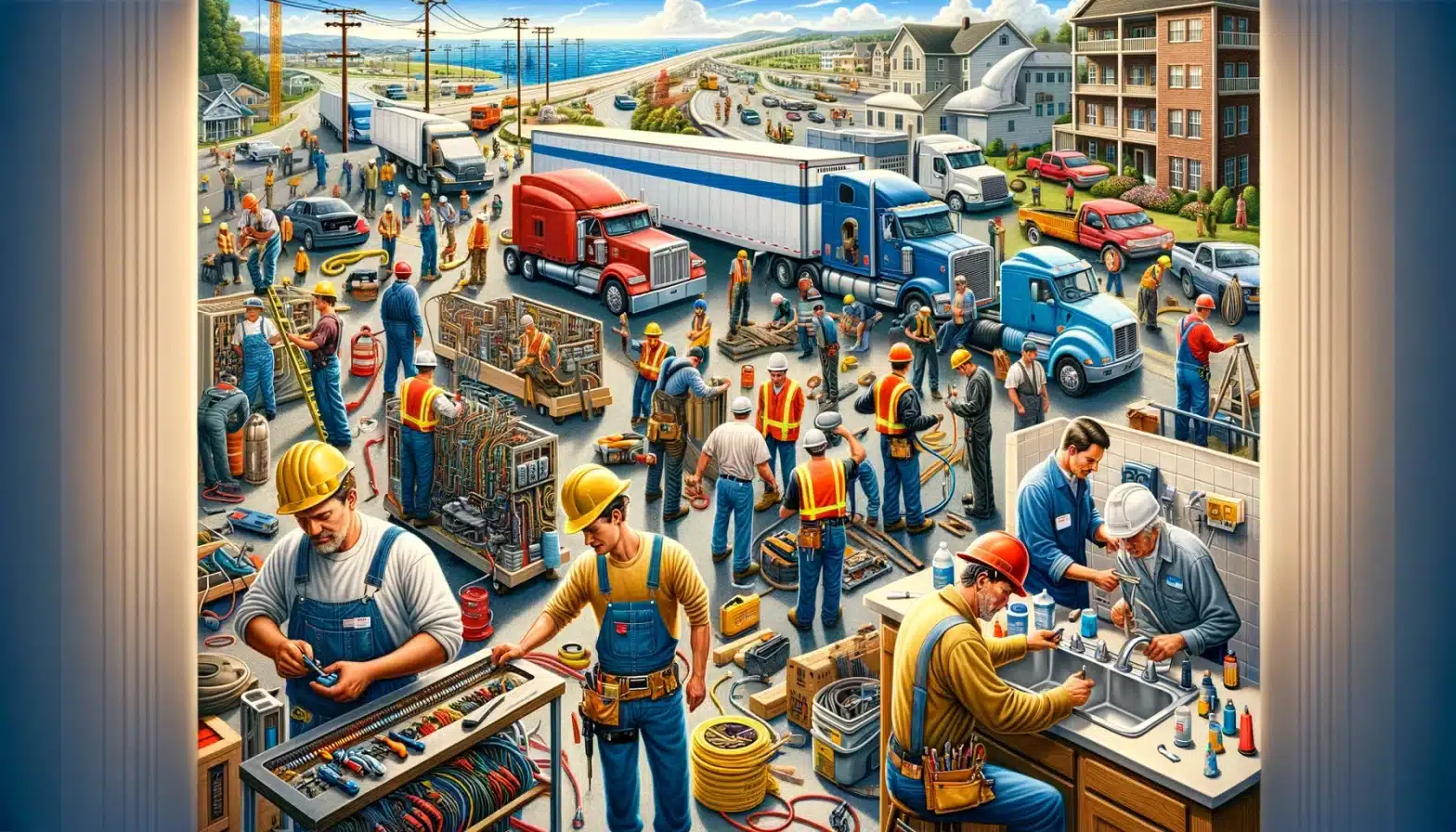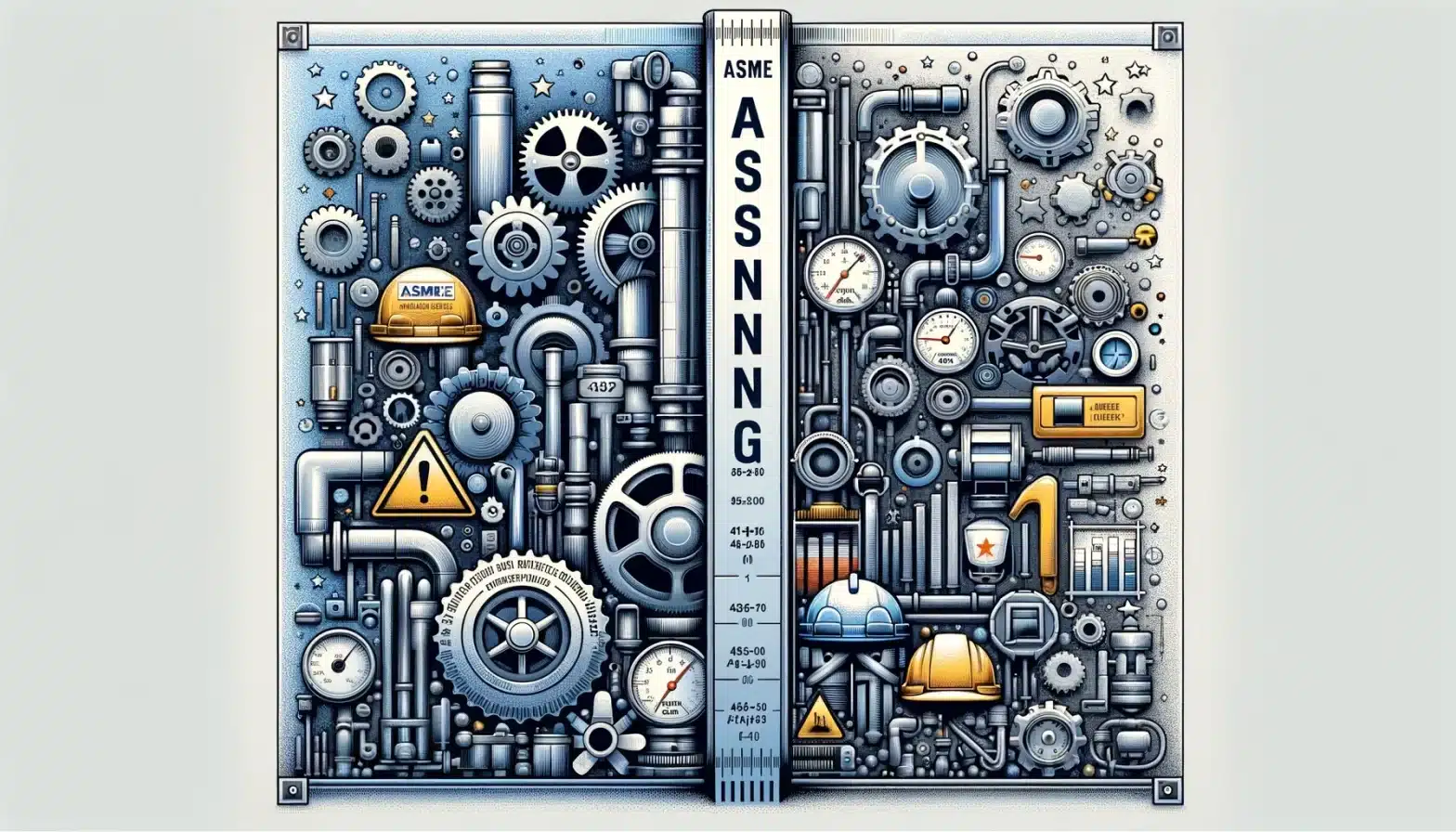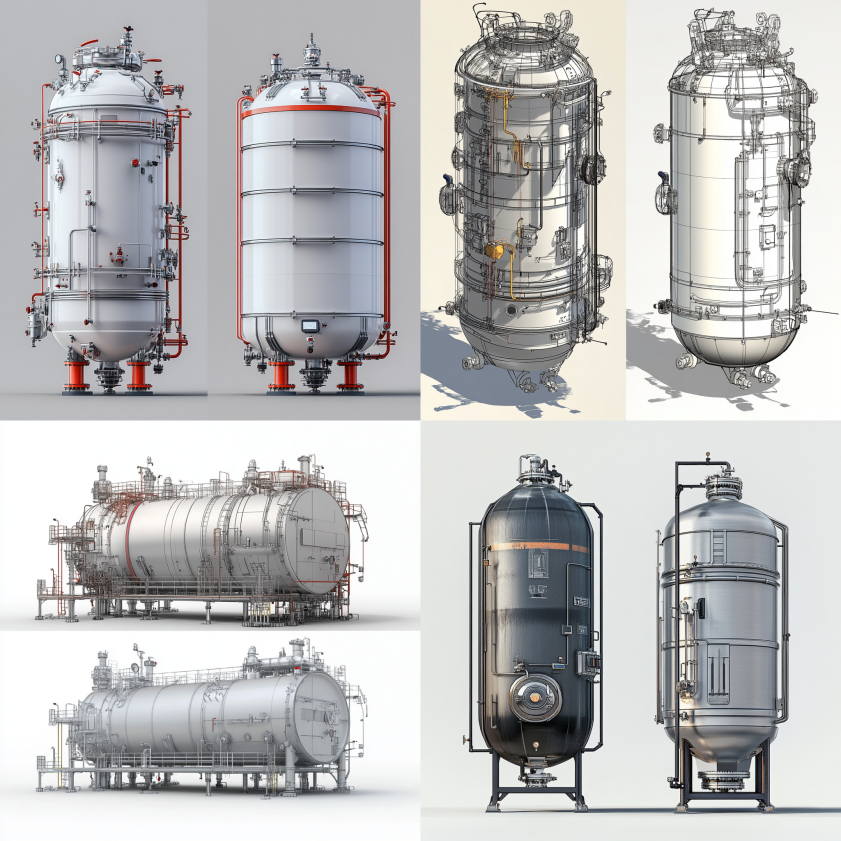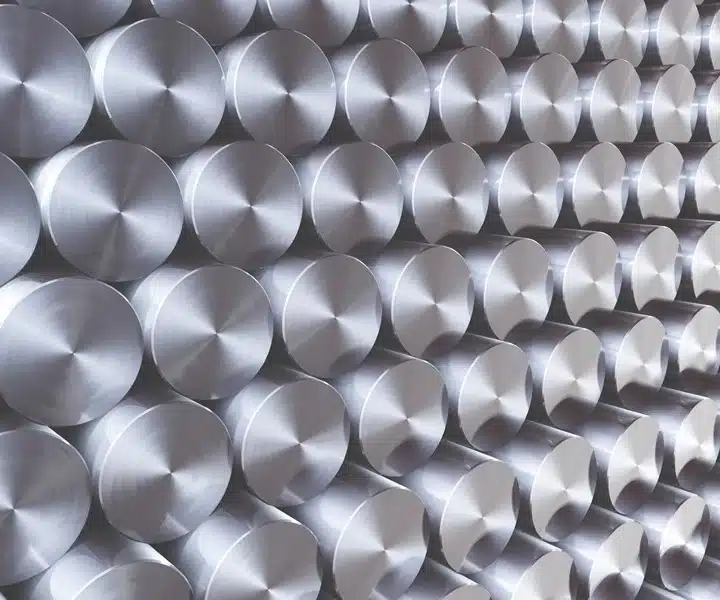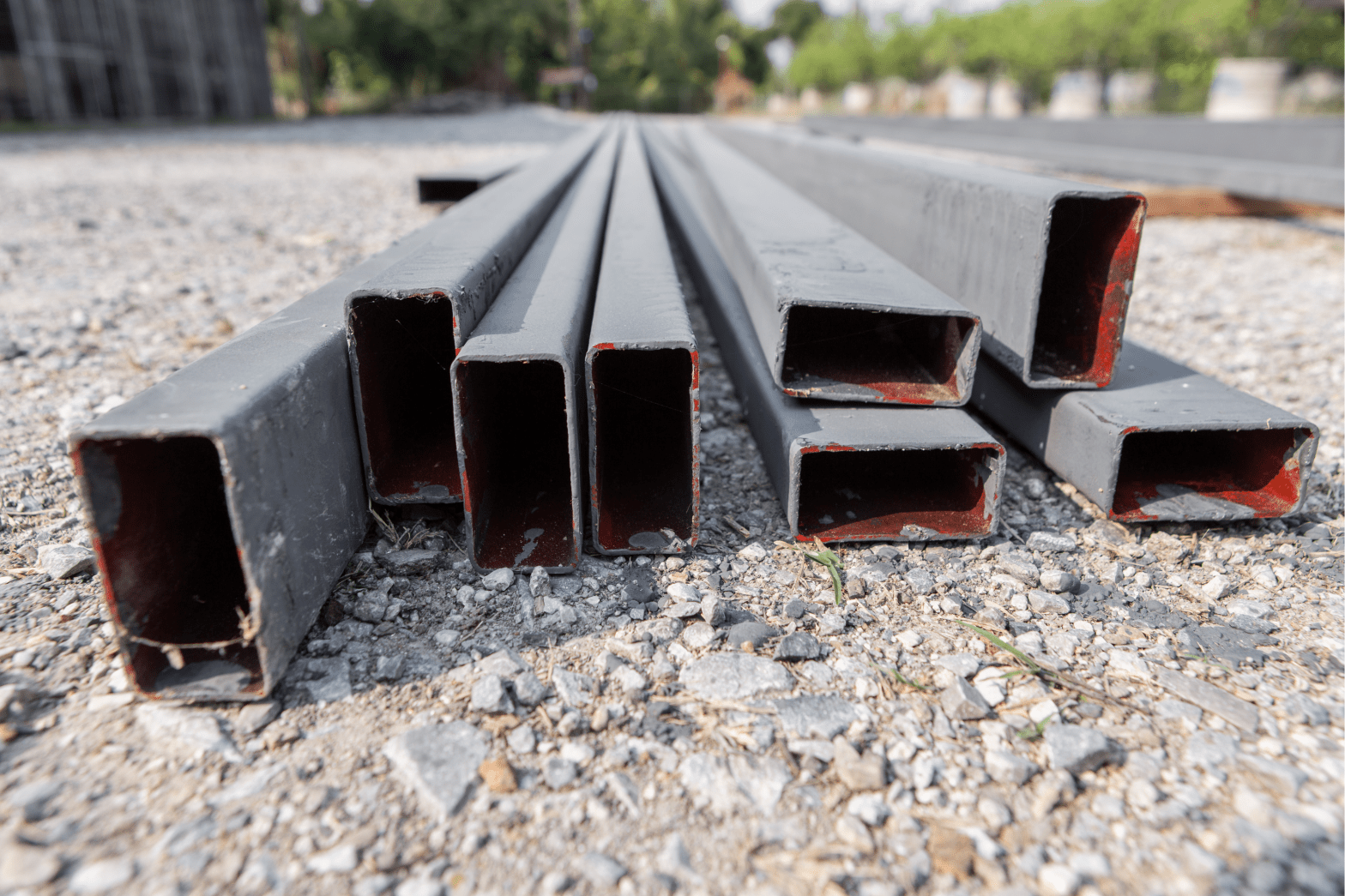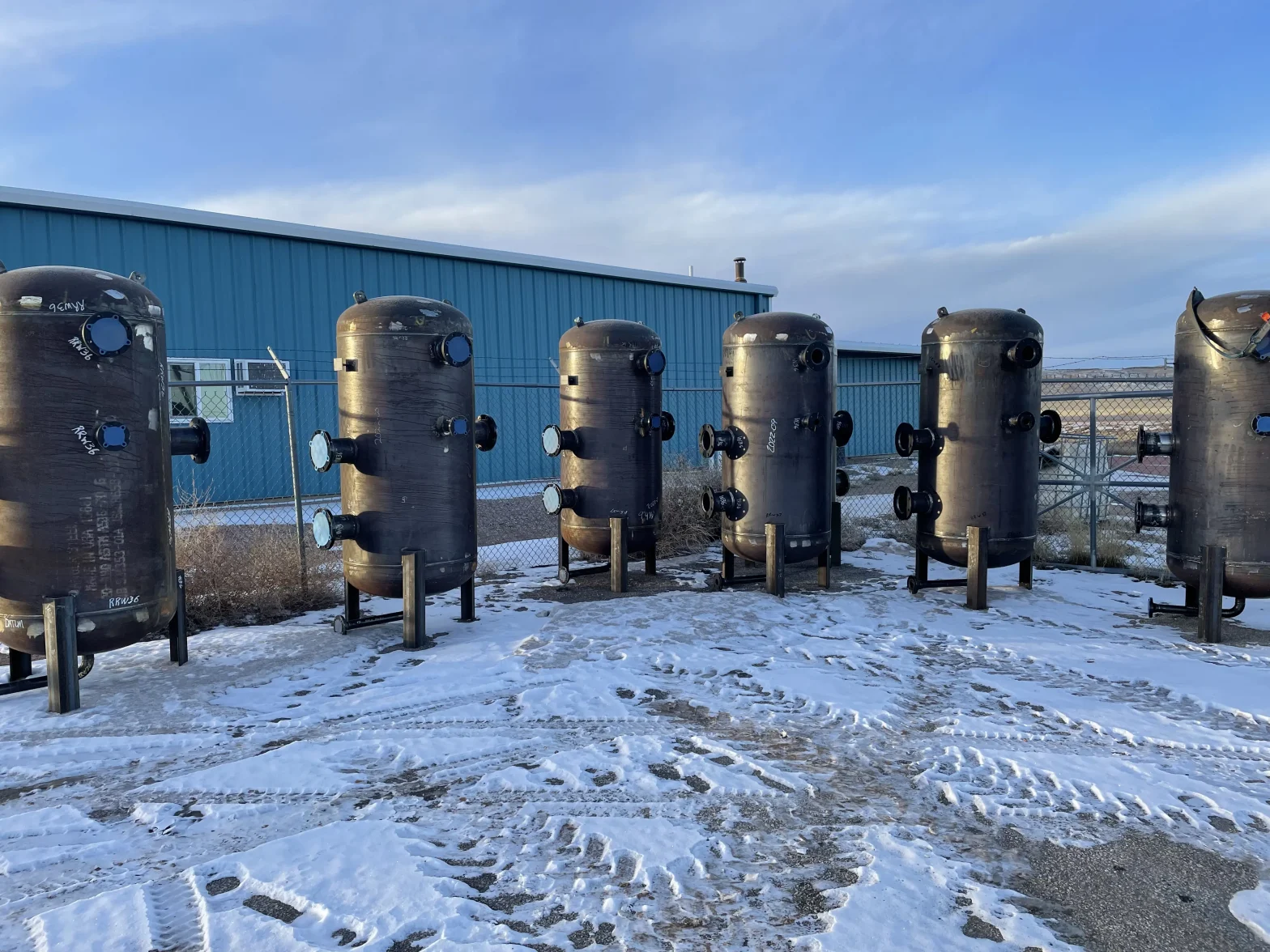What is a Coalescing Filter? A coalescing smoothout is a critical element in numerous industrial techniques. It is designed to break up and remove oil, water, and particulate contaminants from compressed air and fuel streams. Specifically, these filters function by forcing the air or gasoline through a specialized media that captures tiny droplets and sturdy… Continue reading Coalescing Filter Lifespan: How Long Does It Last?
Category: Uncategorized
What is Glycol Used for Cooling?
Introduction to Glycol Cooling Systems Overview of Glycol At Red River LLC, we recognize the significance of green cooling structures in numerous industries, from oil and fuel to energy technology. Glycol is a recreation-changer in this area. Essentially, glycol is a liquid compound that is available in essential kinds: ethylene glycol and propylene glycol. These… Continue reading What is Glycol Used for Cooling?
Glycol System Guide: How It Works, Industrial Uses, and Maintenance Tips
A glycol system uses ethylene or propylene glycol to regulate temperature in industrial equipment. It’s essential for operations in HVAC, biogas, oil and gas, and food processing. This guide breaks down how glycol systems work, their components, key applications, and maintenance best practices with tips to improve performance and SEO visibility. How a Glycol System… Continue reading Glycol System Guide: How It Works, Industrial Uses, and Maintenance Tips
Exploring Pressure Vessel Basics
Introduction to Pressure Vessels A pressure vessel, at its core, is a box designed to hold gases or liquids at a pressure significantly higher or lower than the ambient pressure. These are not just industrial components; rather, they serve as the backbone of numerous sectors, driving progress and enhancing performance. The Many Names of Pressure… Continue reading Exploring Pressure Vessel Basics
What Jobs Have the Biggest Shortages?
Introduction to Job Shortages in Today’s Market In ultra-modern fast-paced global, labor shortages are becoming more and more common throughout diverse sectors. From the oil and gasoline industry to power generation, the ripple effects of these shortages are felt everywhere. At Red River, we see this as an opportunity to innovate and adapt, ensuring that… Continue reading What Jobs Have the Biggest Shortages?
What Is an ANSI Rating? ANSI vs ASME Standards Made Simple
An ANSI rating refers to safety, performance, and compatibility standards such as ANSI Z87.1 for protective eyewear or ANSI Class 150/300/600 for flanges, while an ASME rating defines engineering codes and maximum allowable working pressure for boilers, pressure vessels, and piping. The key difference is that ANSI tells you what requirements a product must meet,… Continue reading What Is an ANSI Rating? ANSI vs ASME Standards Made Simple
What Is the Difference Between a Tank and a Pressure Vessel?
Understanding Tanks vs Pressure Vessels: Key Differences What is a Gas Tank? A gas tank is primarily used to store substances such as liquefied petroleum gas (LPG) or natural gas at atmospheric or low pressure. These tanks are typically simpler in design because they do not need to withstand high internal pressure. The primary focus… Continue reading What Is the Difference Between a Tank and a Pressure Vessel?
Exploring the Materials Used in Vessel Construction for Durability and Functionality
Introduction to what material are vessels made of Vessels have played a crucial role in human history, serving various purposes such as transportation, exploration, trade, and warfare. Over time, the materials used in vessel construction have evolved significantly, driven by advancements in technology, engineering, and our understanding of materials science. In this article, we’ll explore… Continue reading Exploring the Materials Used in Vessel Construction for Durability and Functionality
Understanding the Most Common Material Choices for Pressure Vessels
Introduction to the Most Common Pressure Vessel Material Pressure vessels are an integral part of various industrial processes, playing a crucial role in storing, containing, and transporting fluids and gases under pressure. Choosing the right material for pressure vessel construction is paramount to ensure safety, reliability, and performance. Among the many materials available, one stands… Continue reading Understanding the Most Common Material Choices for Pressure Vessels
Vessel Fabrication: Step‑by‑Step Mastery From Design to Certification
ASME-Certified Pressure Vessel Manufacturing Process: Step-by-Step Guide The manufacturing of ASME-certified pressure vessels and storage tanks is a complex and highly regulated process essential in industries like petrochemical, aerospace, and pharmaceuticals. These vessels must meet strict safety, quality, and compliance standards under ASME BPVC and other directives. This guide walks through the step-by-step fabrication journey—from… Continue reading Vessel Fabrication: Step‑by‑Step Mastery From Design to Certification
Need action? Ready to Get Started?
We are here to make it happen. Request a quote!

